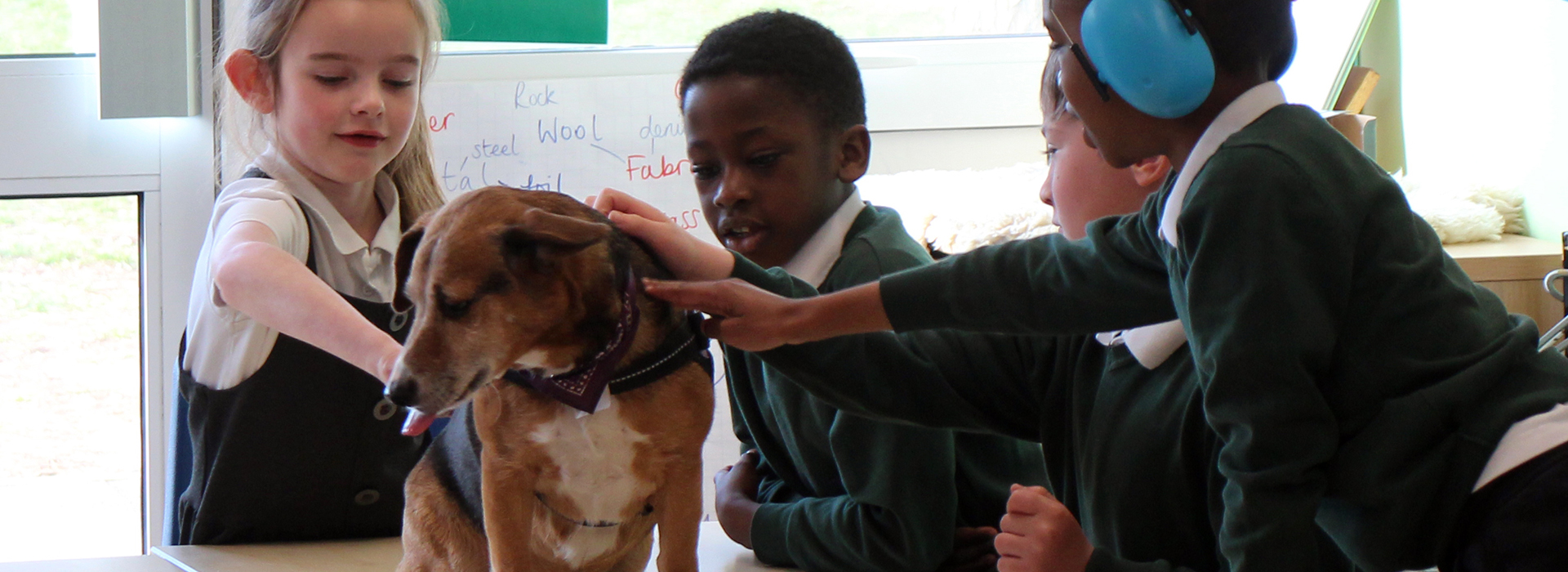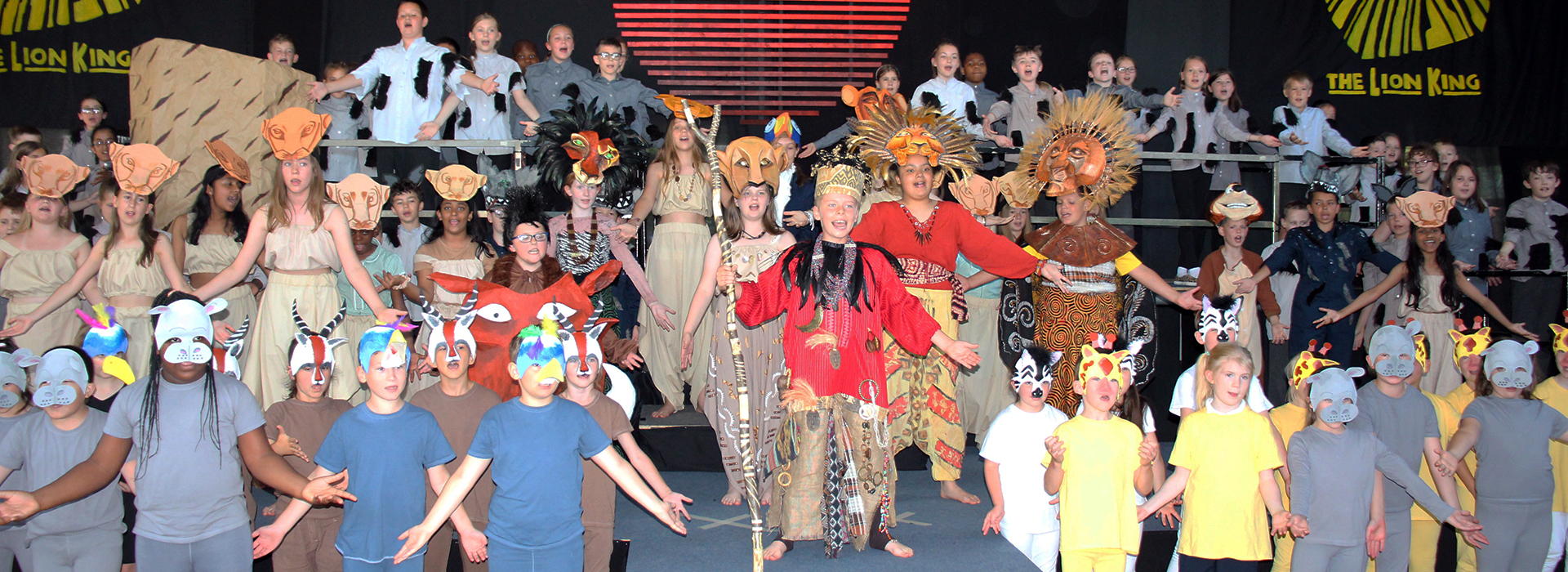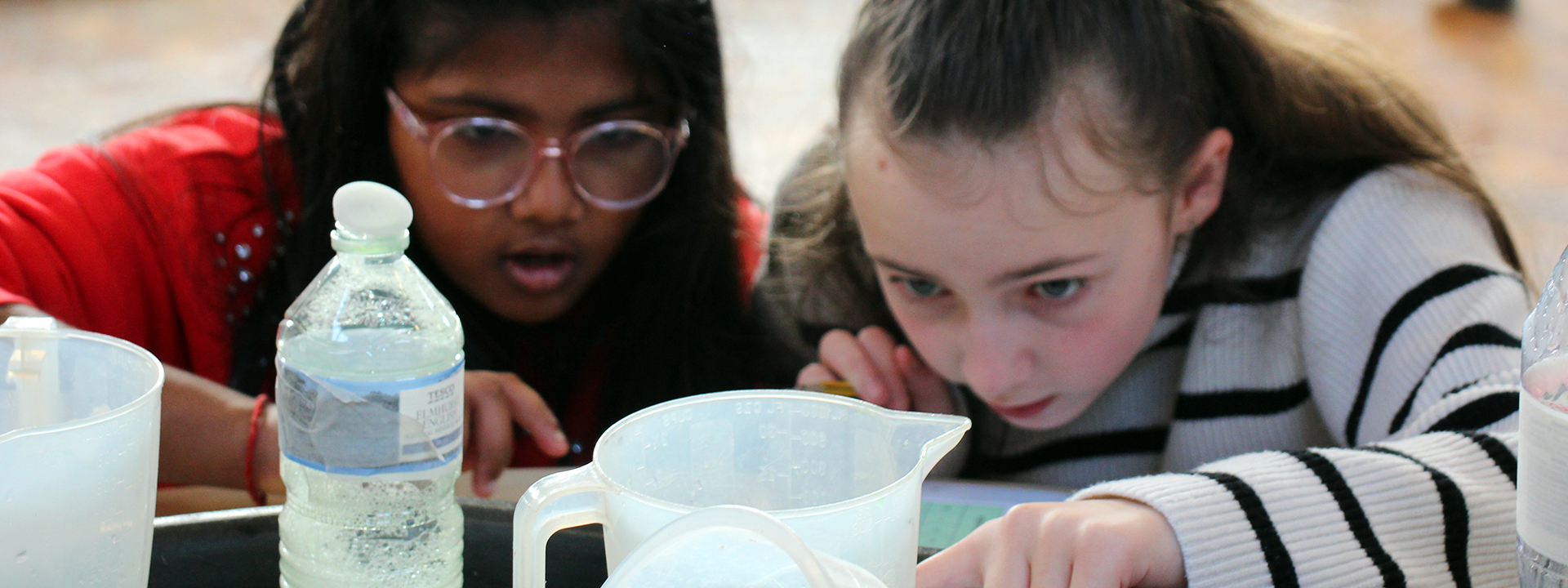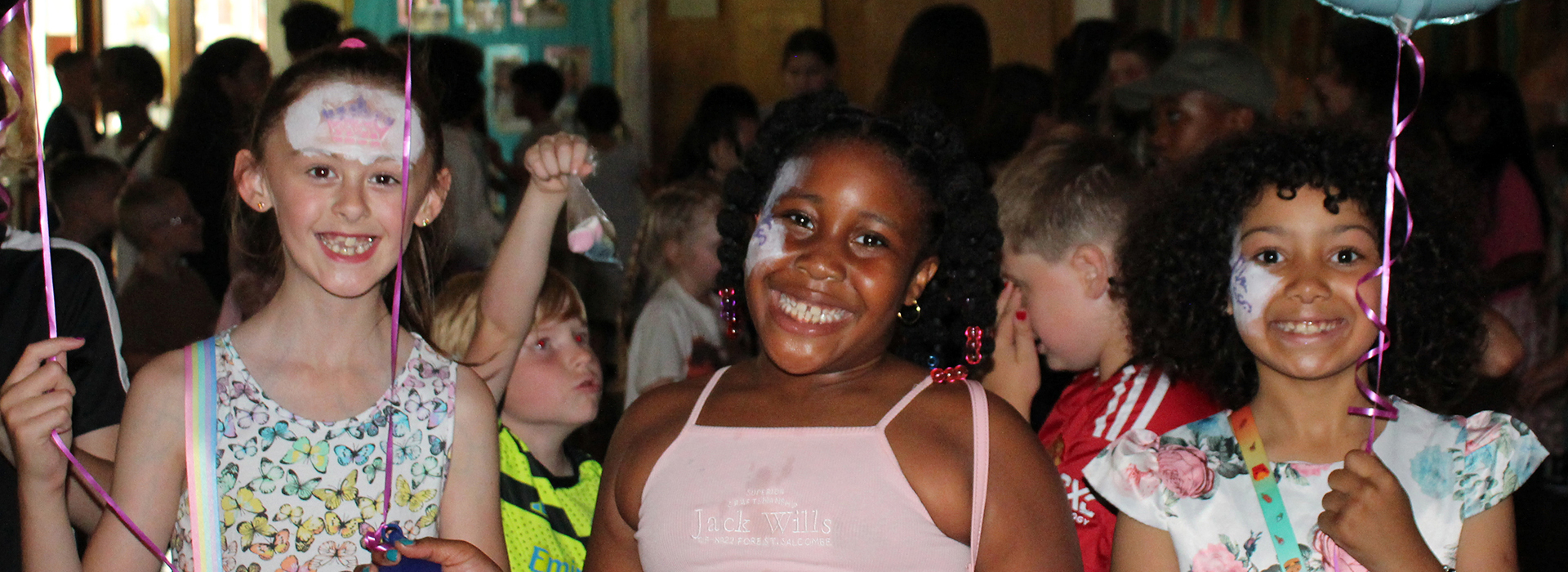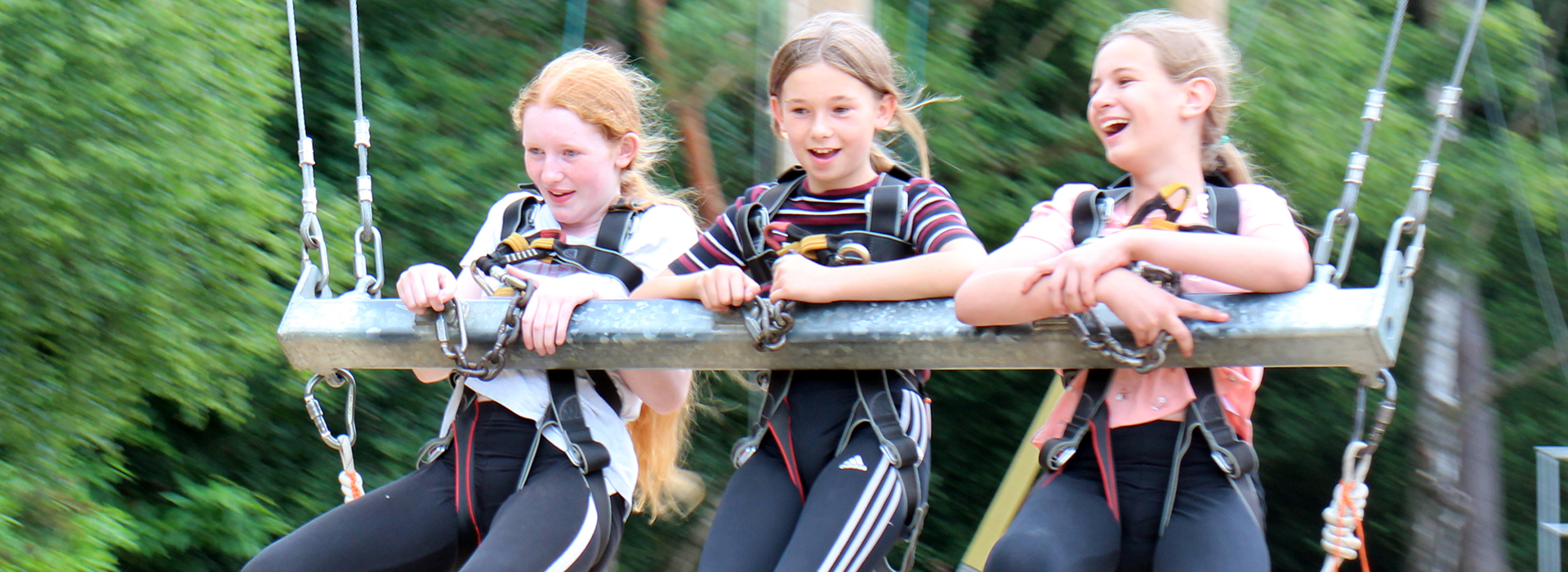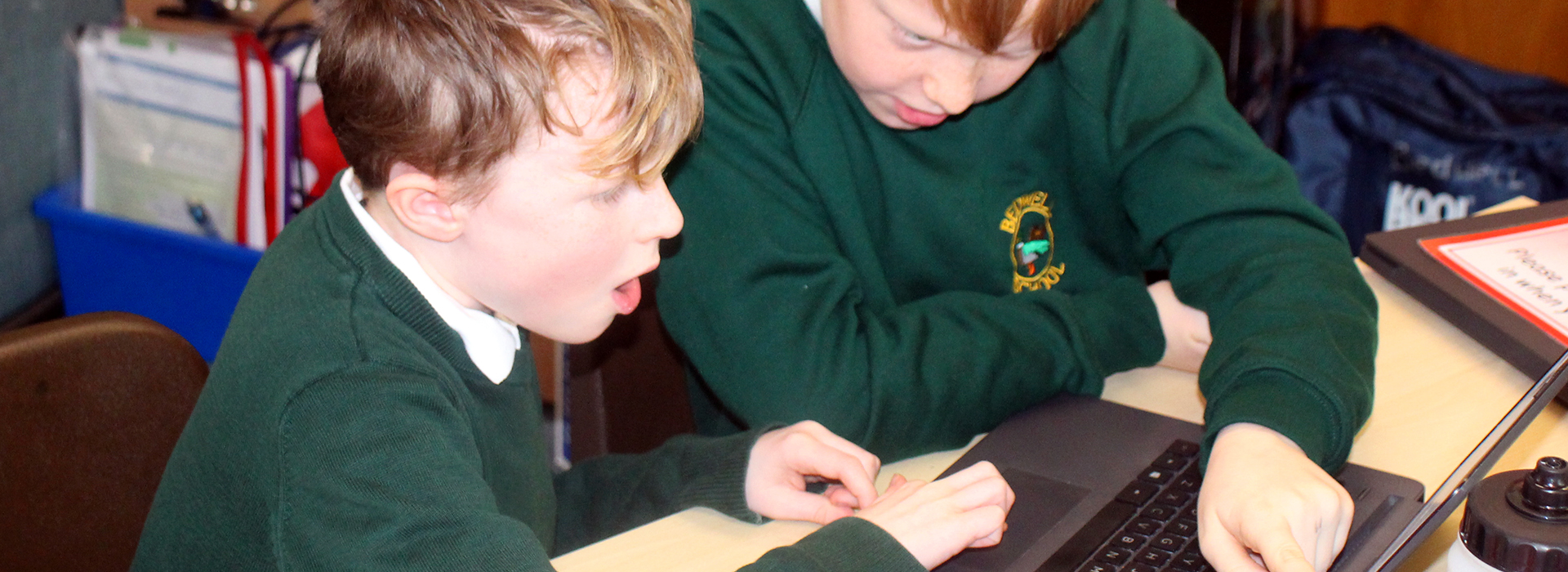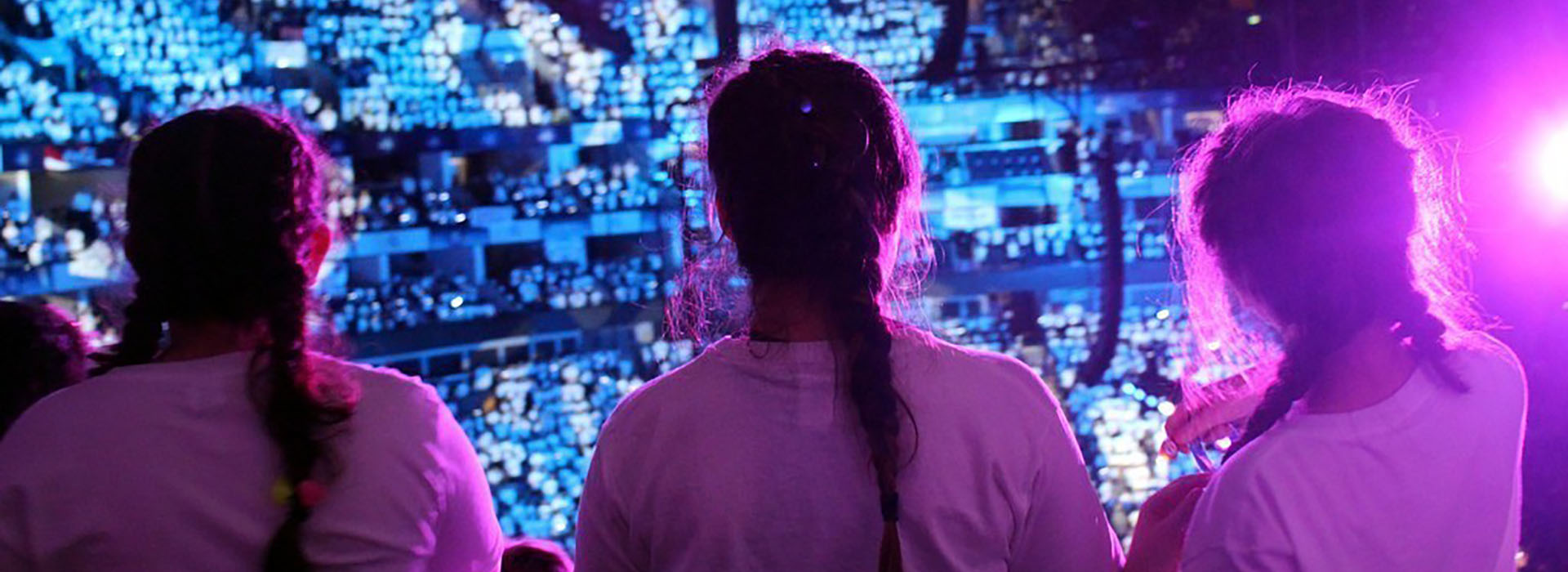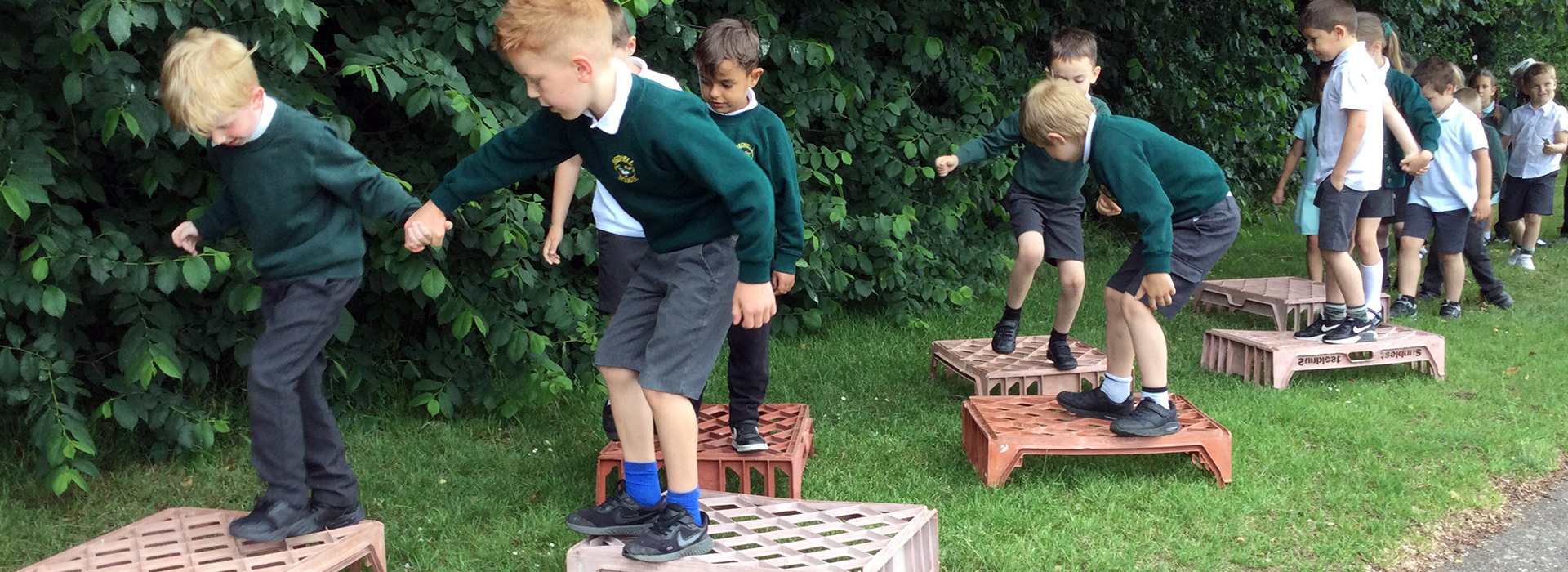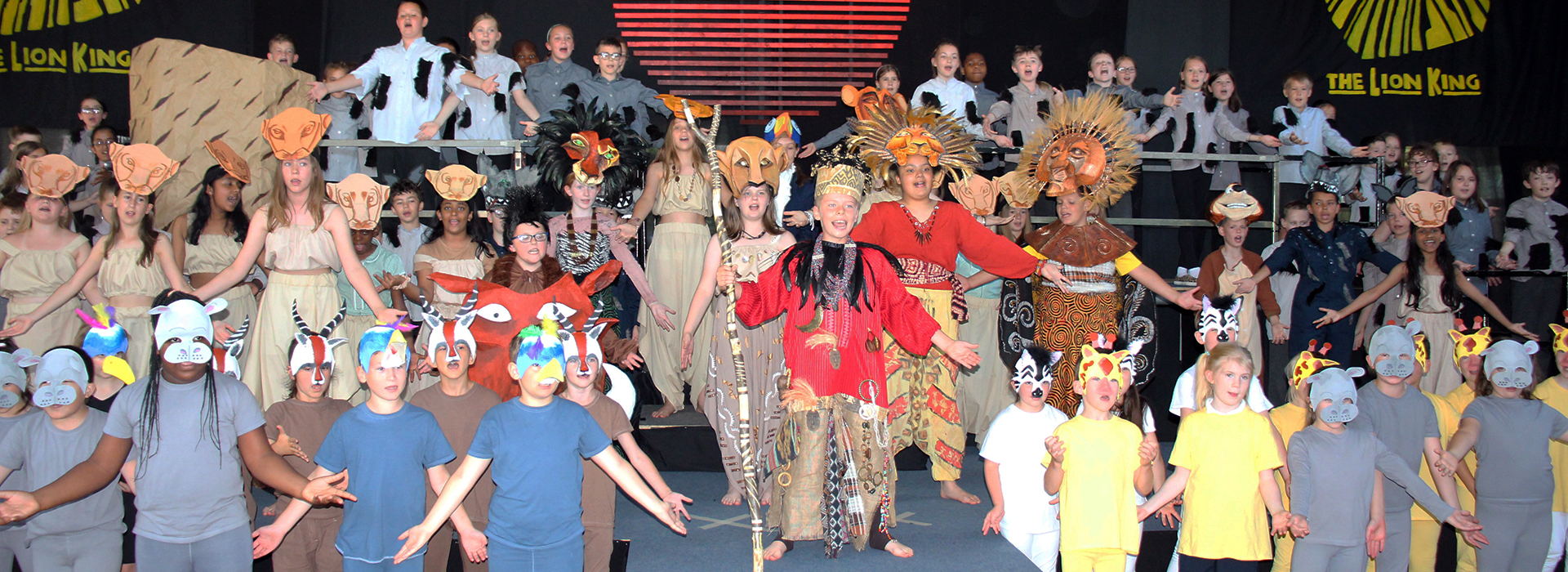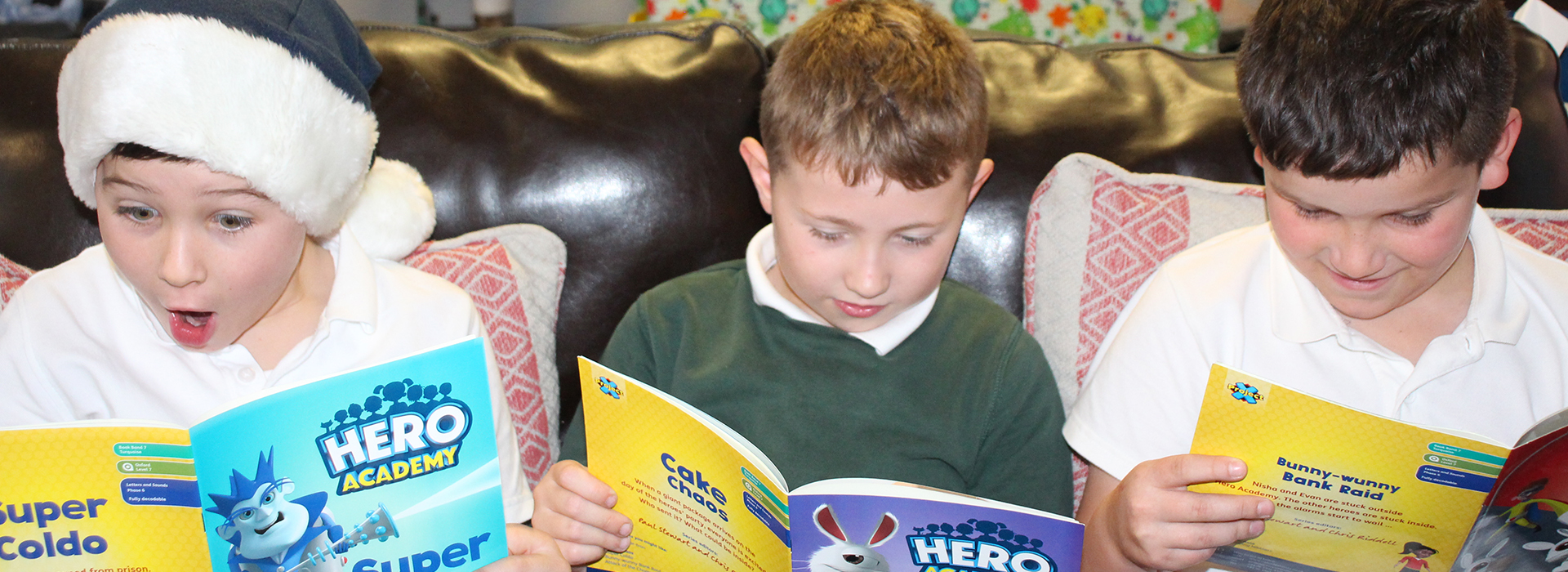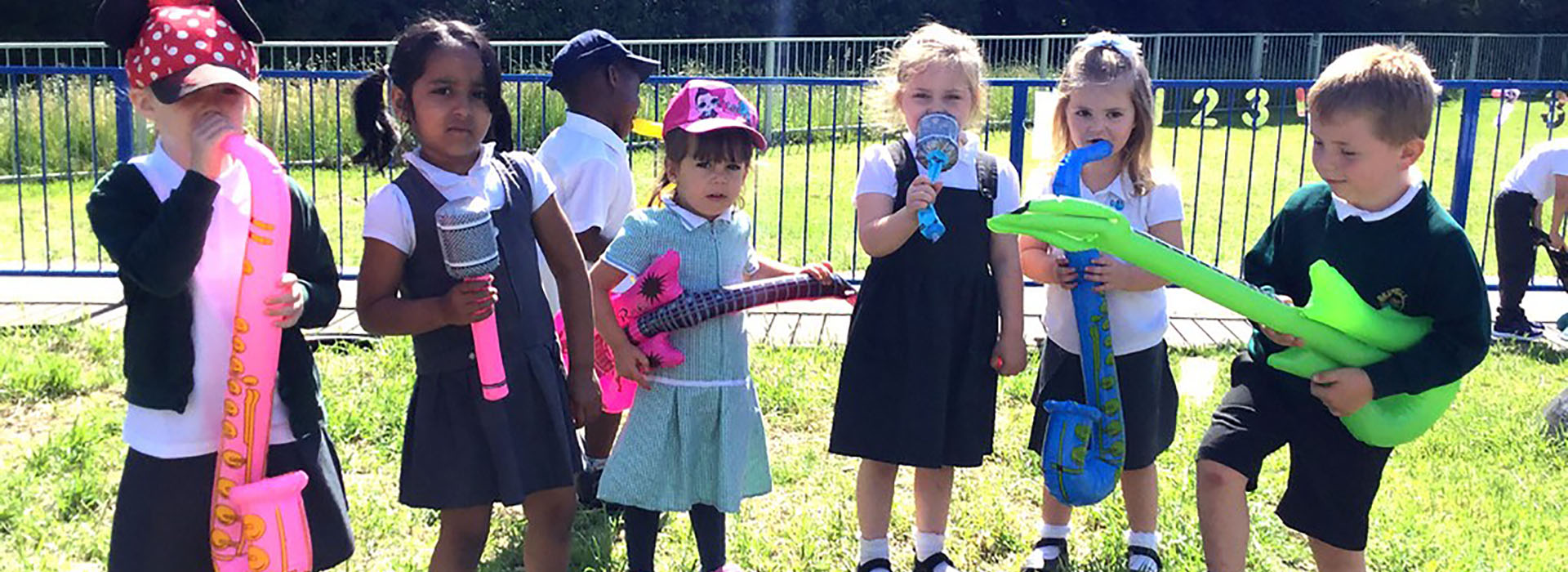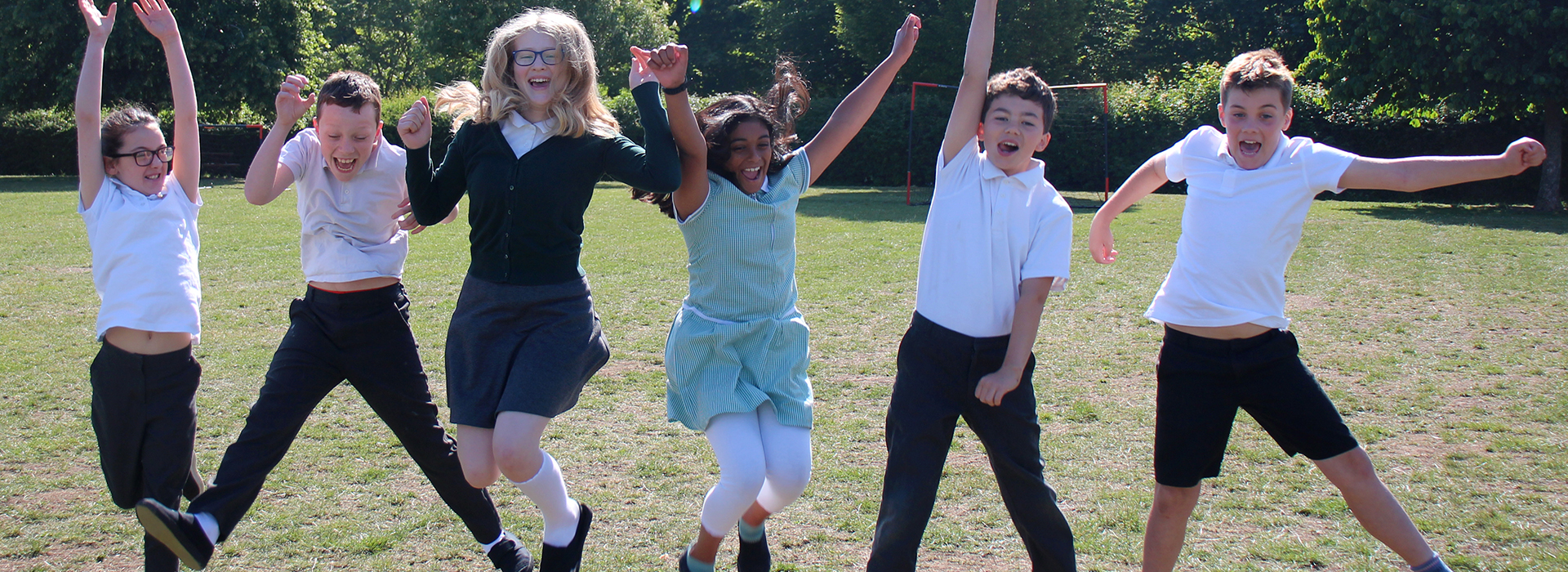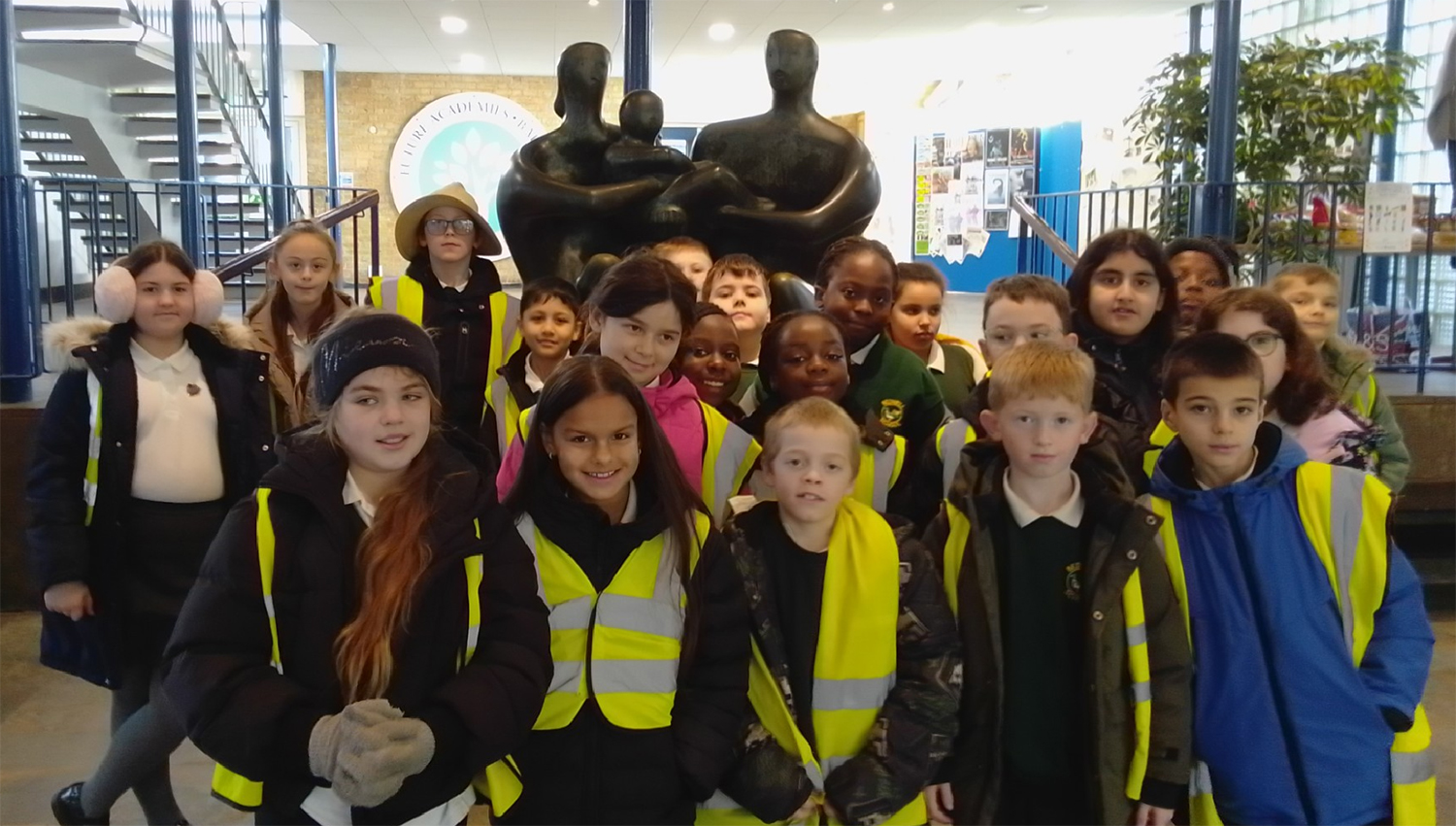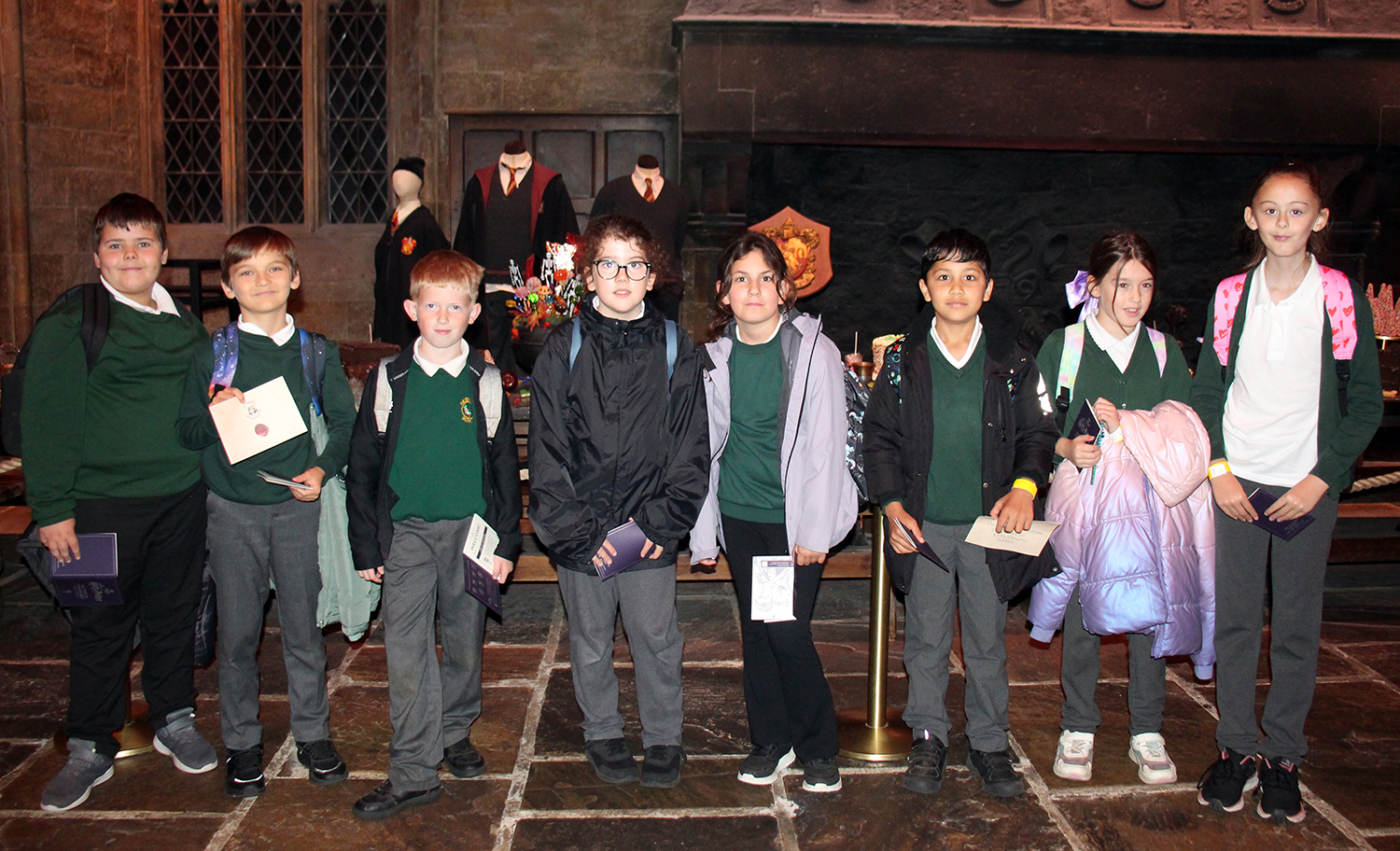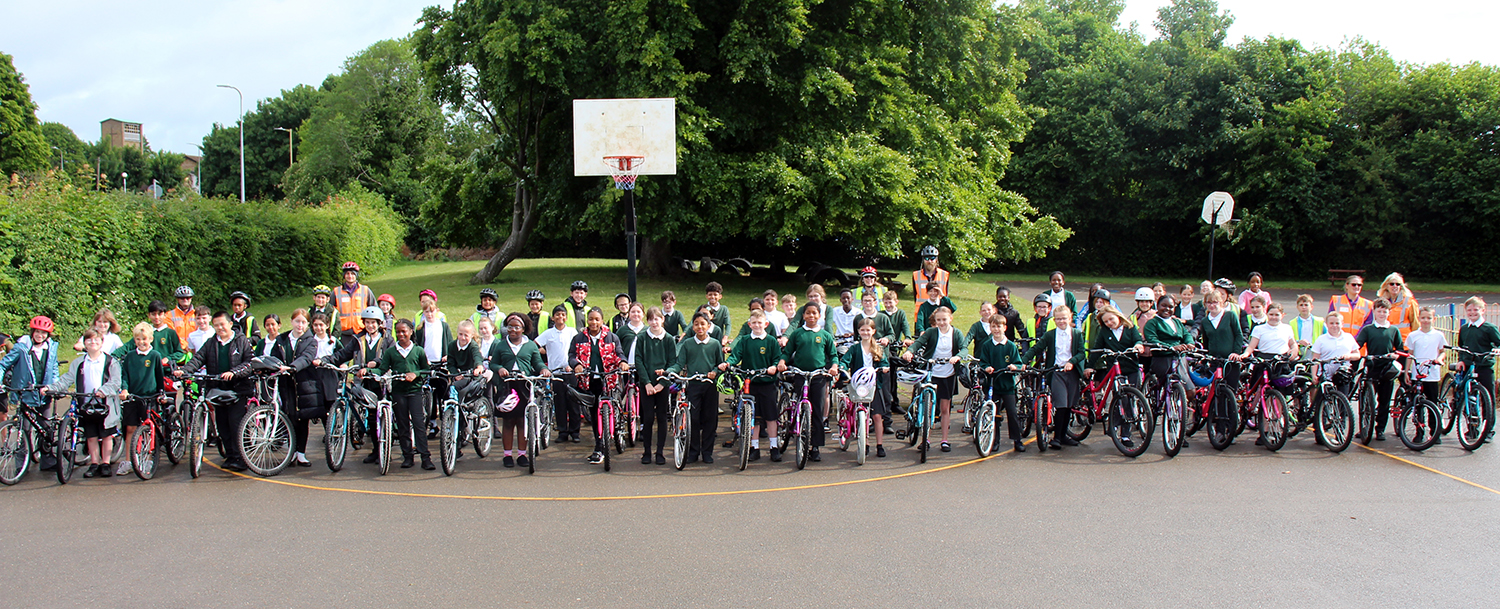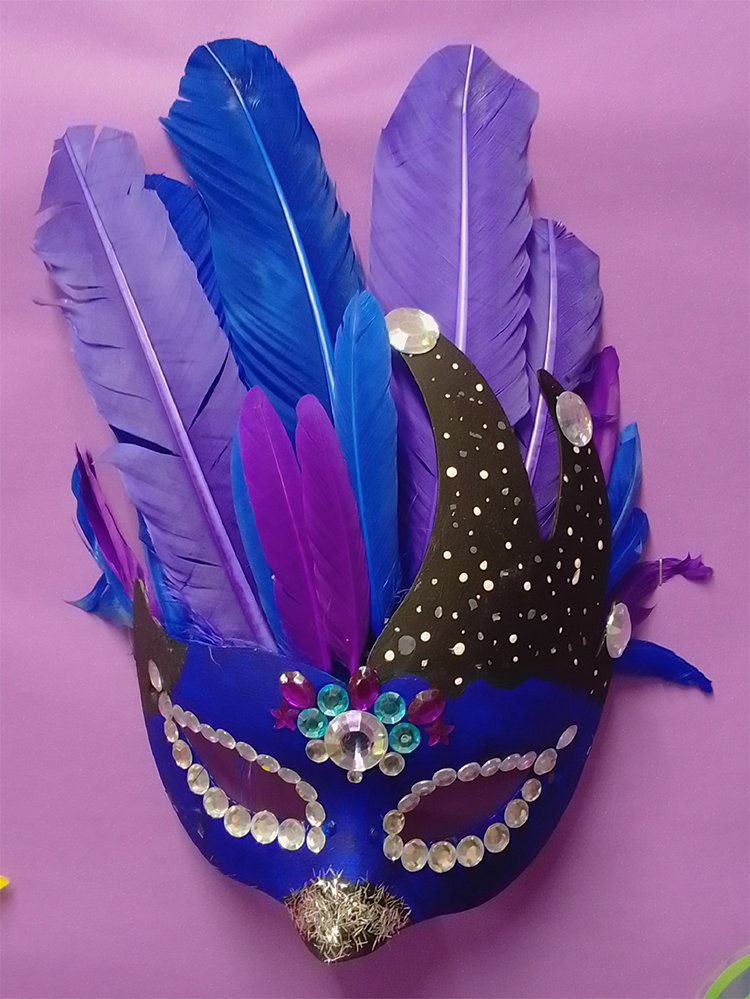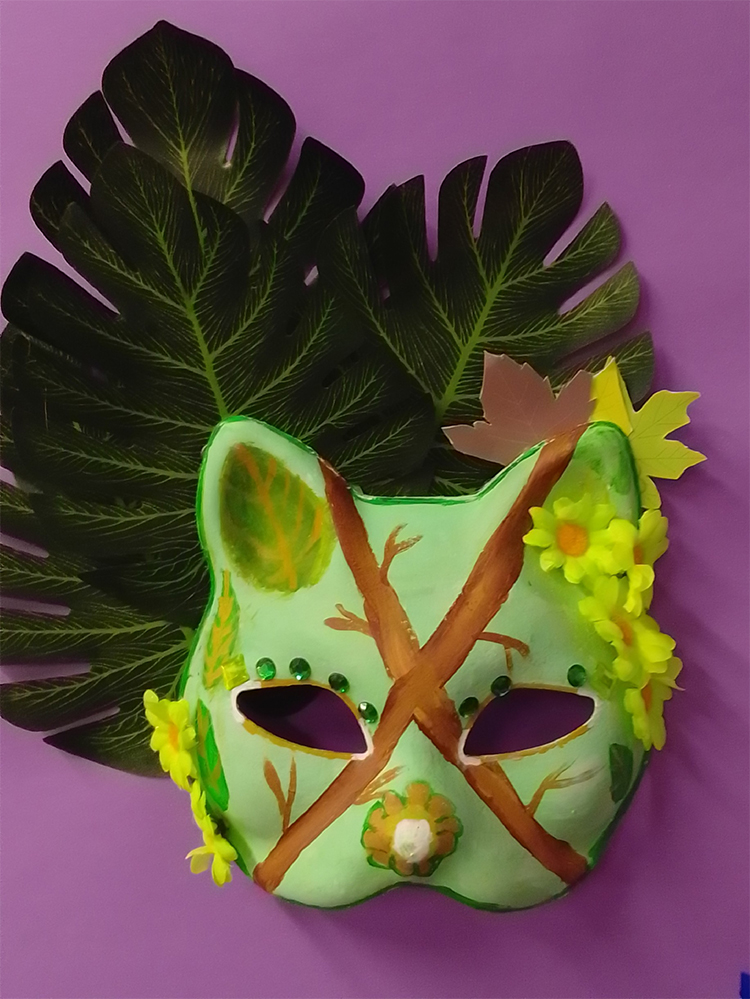This term's topics
English - Our next writing unit will focus on biographies. We will use a collection of fantastic books retelling the lives of ground-breaking scientists from history to help us to explore the features of biographical writing, including the use of quotes, relative clauses and brackets. At the end of the unit, we will pull all of these skills together to write our own biographies of people who inspire us. Later in the term we will move on to examine persuasive writing, using a fab book called The Misadventures of Frederick by Ben Manley as our starting point. Our final task for this unit will see us writing letters to Miss Shaw, trying to persuade her to change something at school.
Maths - Having secured lots of key arithmetic skills last term, we will now focus on applying them to different areas of maths. We will learn to compare, order, add and subtract fractions, and will link these to equivalent percentages. We will also learn to calculate percentages and fractions of amounts. After that, we will move on to geometry, finding the area and perimeter of shapes made of rectangles and beginning to explore volume. Later in the term, we will build on our knowledge of angle, using protractors to measure angles and calculating angles in triangles and on straight lines. Throughout the term we will continue to develop our tables knowledge, and will be tested on this regularly.
Science - We will continue to learn about the Earth, Sun, Moon and our place in the solar system. We will explore the way the Earth both revolves on its axis and orbits the sun, and the way that these movements create day, night, seasons and the apparent movement of the sun across the sky. We will also investigate how ideas about the solar system have changed over time.
Humanities - We will be exploring the world of Ancient Greece, learning about their Gods, wars, myths, clothes, theatre and governments. We will also be looking carefully at how this civilisation fits into the timeline of periods we already know about, and considering how Greek civilisation influenced those that followed (particularly the Romans), and how we still use Ancient Greek ideas (and words) today. We will also be exploring Greek Gods and myths, reading about the adventures of Zeus, Athene, Odysseus, Perseus and Heracles.
Take a look at our curriculum map for more information on our topics.
